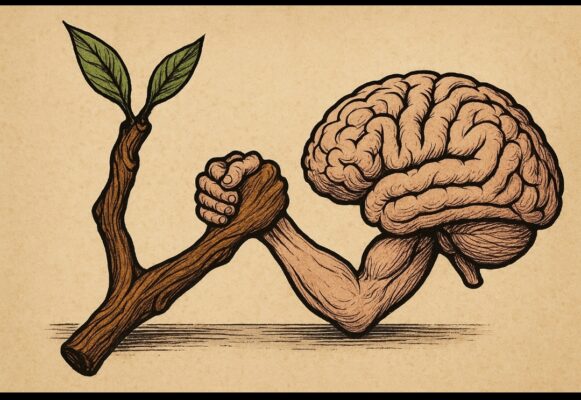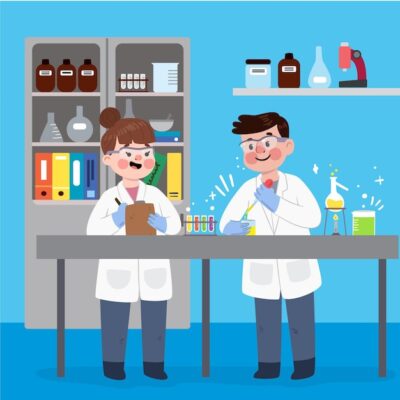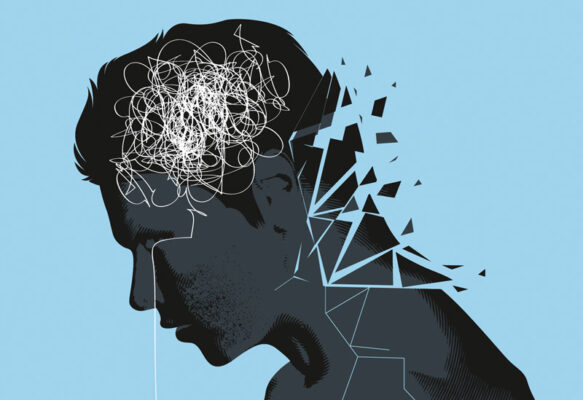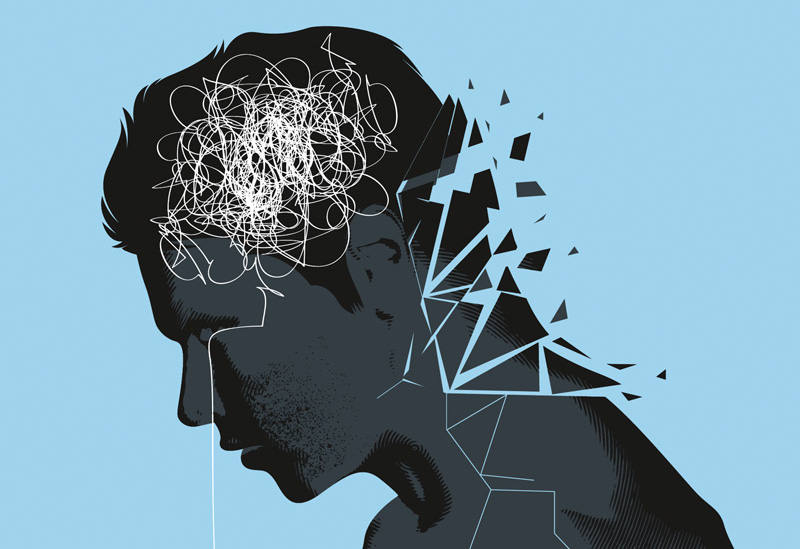Ayahuasca, a sacred plant medicine from the Amazon, has gained global attention as more people search for alternative ways to heal depression, anxiety, emotional trauma, and existential crises. Every year, thousands of foreigners travel to South America to participate in traditional ceremonies guided by taitas or shamans, hoping to experience a deep transformation.
In this article, we’ll explore why ayahuasca is increasingly sought after for mental health, what scientific research says, the most commonly reported benefits, and what precautions you should keep in mind before taking part in a ceremony.

Why People seek ayahuasca for mental health
The main reasons travelers turn to ayahuasca are closely tied to emotional healing and spiritual growth:
- Overcoming depression and anxiety when conventional treatments have failed.
- Releasing deep-rooted trauma from childhood, relationships, or painful experiences.
- Rediscovering purpose and meaning during times of crisis.
- Spiritual connection as part of holistic well-being.
- Exploring consciousness and achieving greater self-understanding.

What the science says
In recent years, researchers have begun to study the connection between ayahuasca and mental health with promising results:
- A clinical trial published in Psychological Medicine (Palhano-Fontes et al., 2019) found that a single dose of ayahuasca produced rapid and significant antidepressant effects in people with treatment-resistant depression.
- A study in Frontiers in Pharmacology (2021) reported improvements in anxiety symptoms and overall well-being among participants who attended ceremonies in South America.
- Ethnographic studies also highlight that the purging process (vomiting, crying, sweating) is interpreted as an emotional cleansing that helps participants release trauma and blocked emotions.

Reported benefits of ayahuasca for mental health
- Reduction of depressive symptoms that may last for weeks after the ceremony.
- Decreased anxiety and a sense of inner calm.
- Greater mental clarity and improved decision-making.
- Release of painful memories with a new perspective.
- Renewed sense of purpose and direction in life.
- Deeper spiritual connection with oneself and nature.
- Emotional integration that enhances personal and family relationships.
Important precautions
While ayahuasca has therapeutic potential, it is not for everyone:
- It can be dangerous for people taking antidepressants (SSRIs, MAOIs, lithium).
For this reason, people taking psychiatric medications are advised to discontinue them at least 1 to 2 weeks beforehand. It is also recommended to inform the facilitators prior to the ceremony so they can better guide your experience.
- It is not recommended for those with psychotic disorders, epilepsy, or severe heart conditions.
- It is essential to participate only in ceremonies guided by experienced facilitators, in a safe and respectful environment.
Final thoughts
Ayahuasca is not a magical cure, but it can be a powerful catalyst for healing when approached with the right preparation, guidance, and integration after the ceremony.
If you are a person considering an ayahuasca retreat in South America, take time to research thoroughly, ask questions, and make sure your journey toward healing depression, anxiety, or trauma happens in a setting that is safe, ethical, and led by skilled practitioners.
The Effects of Ayahuasca on Psychological Disorders: A Systematic Literature Review – PMC
more info : wp +573007875253

